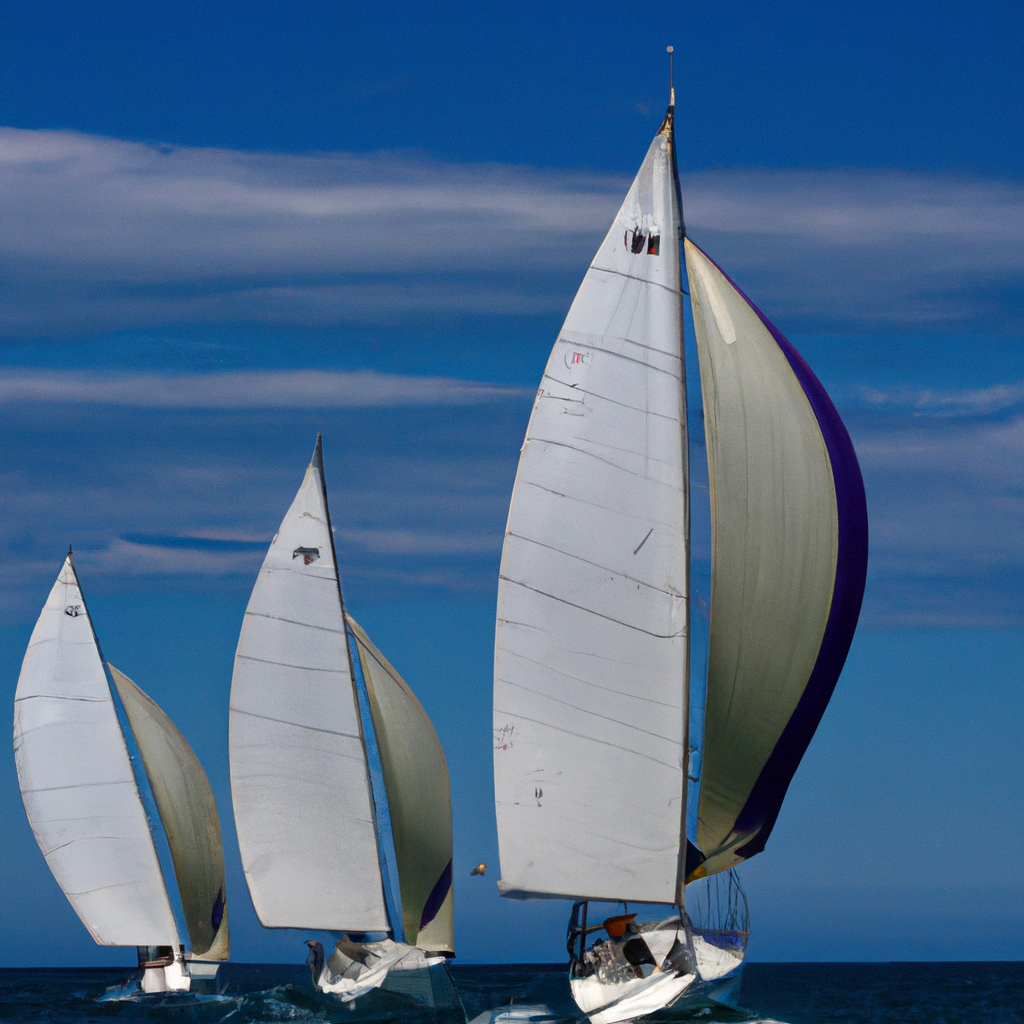The fascinating world of nautical competitions, both locally and internationally, has become a platform for the exhibition of unparalleled skills and abilities. From sailboat races to rowing and sailing competitions, these aquatic events attract participants and spectators from around the world, generating significant economic and social impact. This article will provide an overview of nautical competitions, highlighting the most relevant events on the world stage. In addition, we will explore the history and development of these competitions, and analyze the economic and social impact that these nautical events have both locally and internationally. Join us on this journey through the exciting and challenging adventure that is the world of nautical competition.
- 1. "An overview of local and international sailing competitions"
- 2. "Most outstanding nautical events and competitions in the world"
- 3. "History and development of nautical competitions"
- 4. "The economic and social impact of nautical events: a local and international analysis"
1. "An overview of local and international sailing competitions"
Local and international nautical competitions are water sporting events that cover a wide range of disciplines, from sailing and rowing to speedboat and jet ski racing. These competitions vary in size and scale, some take place on local lakes and rivers, while others are large international events that attract competitors and spectators from around the world. Sailing events can be both leisure and high performance, and are often organized by sporting clubs, national aquatic sports federations and international organizations such as the International Sailing Federation (ISAF). Some of the most prestigious sailing competitions include the America's Cup, the Volvo Ocean Race and the Olympic Games sailing events.
2. "Most outstanding nautical events and competitions in the world"
Among the most notable nautical events and competitions in the world are the America's Cup, the oldest and most prestigious competition in the world of sailing, which is held every four years. The Volvo Ocean Race, now known as The Ocean Race, is another renowned competition that tests the endurance of sailors in a race around the world that lasts approximately nine months. The Vendée Globe is a solo, non-stop, unassisted sailing race around the world, known as the Everest of the seas. Also, we cannot forget the Rolex Sydney Hobart Yacht Race, one of the most difficult and exciting races on the ocean sailing calendar. And last but not least, the Olympic Games regattas, which are the pinnacle of competition for many types of sailing boats and sailing disciplines.
3. "History and development of nautical competitions"
Nautical competitions have a long and rich history dating back to ancient times. The ancient Greeks, for example, held rowing and sailing competitions as part of their Olympic Games. In modern times, nautical competitions have developed and diversified enormously. Sailing, in particular, has been an integral part of the Olympic Games since the inauguration of the modern games in 1896. Regattas, which are boat races, have evolved into a high-performance sport competed in a variety of boat classes. Throughout the 20th century, the rise of yacht technology and design improved the speed and efficiency of boats, contributing to the popularity and appeal of yachting competitions. Today, these events are followed by millions of people around the world, both in local competitions and in large international events such as the America's Cup and the Volvo Ocean Race.
4. "The economic and social impact of nautical events: a local and international analysis"
Nautical events and competitions, both locally and internationally, generate a significant economic and social impact. From an economic point of view, these events attract a large number of tourists and fans, which increases consumption in the town, boosts job creation and encourages investment in infrastructure. In addition, nautical competitions often involve the participation of sponsors and related companies, generating an important flow of investment in the sector. In terms of social impact, these events foster community cohesion, local pride and a sense of belonging, as well as the promotion of physical activity and nautical culture. At an international level, nautical competitions contribute to the visibility and positioning of host cities, strengthen relations between countries and promote cultural exchange.

